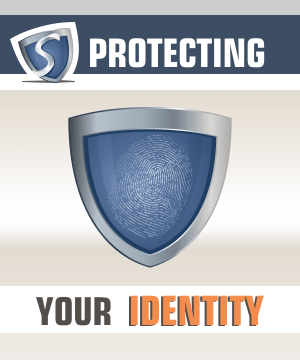Protecting Your Identity
Your DNA solely codes you. Your fingerprints will never match someone else’s. There is no reason why your identity should be any different.

The vast majority of people rarely think about the possible ramifications for using their identity improperly, or how devastating identity theft can be to their personal lives. We come across emails every day wherein people include all of their personal information.
Our online mortgage application is secure, firewalled and password protected, but email is not. Email transmissions are not protected from hackers, phishers, thieves, and con artists.
Take these measures to keep your identity protected:
- When using an Internet service use a secure application, no matter how small the transaction is. Sending credit card numbers through an email could be dangerous.
- Never share your passwords with anyone. You’ve heard it before and it seems elementary, but people still don’t follow this rule. They then wonder why they see unauthorized debits withdrawn from their debit accounts.
- Check your credit history every six months. Look for any irregular or incorrect activity on your credit report, like strange credit inquiries or newly activated credit cards.
- Upgrade your bank and credit cards to cards with chips wherever possible. The security chip makes it very difficult for skimming – the process by which your card number and pin are recorded by a device which has been illegally inserted into a bank ATM machine or other debiting device, thus making it possible for the account on the card to be used without your authorization – to occur.
- Keep all of your credit cards, statements, tax records, and any other important financial information secured. Lock boxes are inexpensive and can make the difference between losing all your important documents and sleeping well at night.
- Do not give out your SIN number unless you are absolutely sure of the requester.